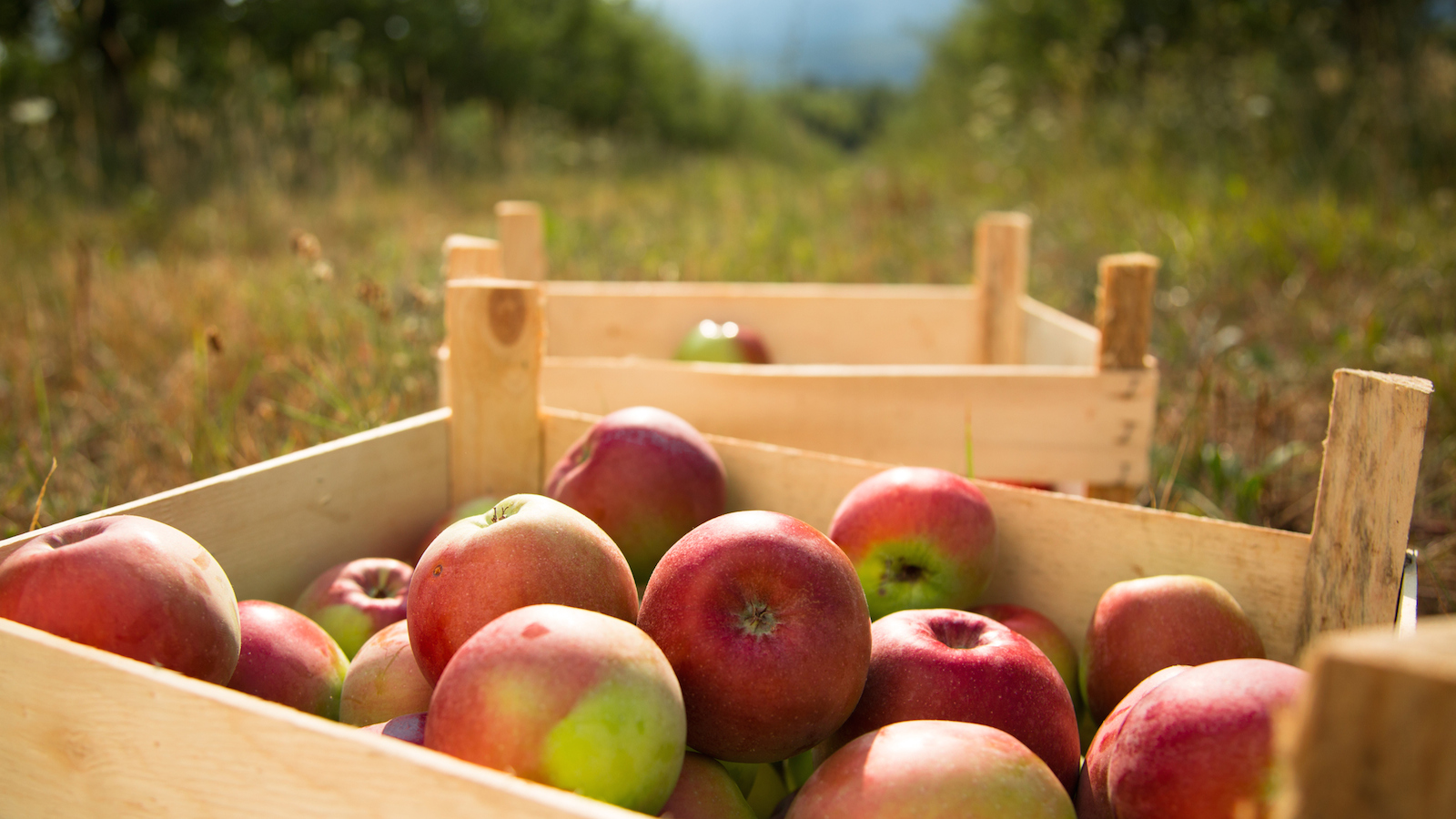Rebbe Nahman of Breslov identifies the desire for food and drink as the central desire of the human being, and the one from which other desires emanate. Jewish teachings can help us appreciate the food we eat and eat it in a spirit of holiness. Doing so can also help the environment, as we will explore.
What does it mean to eat in a Jewish way? First of all, we should eat when we are hungry. Rabbi Shlomo Volbe teaches that a person needs to distinguish between eating because of a healthy desire of the body (i.e., eating in order to be healthy), versus eating out of base physical desire. (Of course many people today also eat out of emotional desire.) It is therefore important to clarify, before eating, that what I am eating is for the right reason, rather than out of physical or emotional cravings.
Not only what we eat, and but also how we eat is important. A Jewish way of eating includes eating food slowly and consciously. While it is possible to eat a meal in a few minutes, Jewish teaching cautions against doing so. Rabbi Natan of Breslov states: “Be careful not to swallow your food in a hurry. Eat at a moderate pace, calmly and with the same table manners that you would show if an important guest were present. You should always eat in this manner, even when you are alone.”
Where we eat also matters. In the Talmud, Rabbi Yochanan and Reish Lakish teach that a person’s table has taken the place of the Temple of ancient times in atoning for that person. One understanding of their statement is that when a person eats in holiness at their own table, they have made proper use of their table in a way parallel to the altar of the Temple (Chagigah 27a). This underscores the significance in Jewish thought of eating at a table, and not while standing or walking. Today some of our eating takes place at a desk or even in a car! We will eat more healthfully and with more holiness if we take wholesome meals at a table.
With your help, My Jewish Learning can provide endless opportunities for learning, connection and discovery.
Finally, the act of eating with others–and sharing not only food, but also Jewish wisdom–bestows upon the meal an aura of sanctity, and elevates eating to a holy act. In Pirkei Avot (Ethics of the Fathers 3:4) we learn that Rabbi Shimon would say: Three who eat at one table and speak words of Torah, it is as if they have eaten at God’s table… A shared opportunity for blessing before and after one eats also serves to connect the act of eating to a higher purpose. These practices elevate our bodily needs and can help transform our eating to become an act of holiness and devotion.
How we eat, and consequently, how much we eat, has a bearing on our ‘environmental footprint,’ as several studies make clear. Adults in the United States on average eat 500 calories more per day (about one large hamburger) than they did in the 1970s. Between 1983 and 2000, US food availability (food consumption including waste) increased by 18%, requiring an additional 3.1% of total US energy consumption as well as more land and water to produce the food. By 2006, agriculture contributed about 20% of greenhouse gas emissions globally, making it a major factor in addressing global climate change. Modern food production and consumption also contributes to rainforest deforestation (to clear land for cattle and crops) and water pollution (from pesticide and fertilizer use).
Expanding agriculture to meet growing demand based on overeating only exacerbates these impacts. When we eat with greater intention and awareness, we will likely consume less because we will be more attuned to what our bodies actually need. This will also reduce the impact our food consumption has on the environment.
Bringing awareness and holiness to our consumption of food can generate profound healing to ourselves, our communities, and our planet. At the individual level, one who eats in a proper way will feel healthier and more connected to the Infinite. At the communal level, conscious eating can bring members of the community together and inspire others to join the community. At the global level, the changes we make in our food consumption will affect people, animals and plants in faraway places. May we eat with intention, and in so doing, help bring the world closer to its perfected state.
This material was produced as part of the Jewcology project. Jewcology.com is a web portal for the global Jewish environmental community. Thanks to the ROI community for their generous support, which made the Jewcology project possible.



